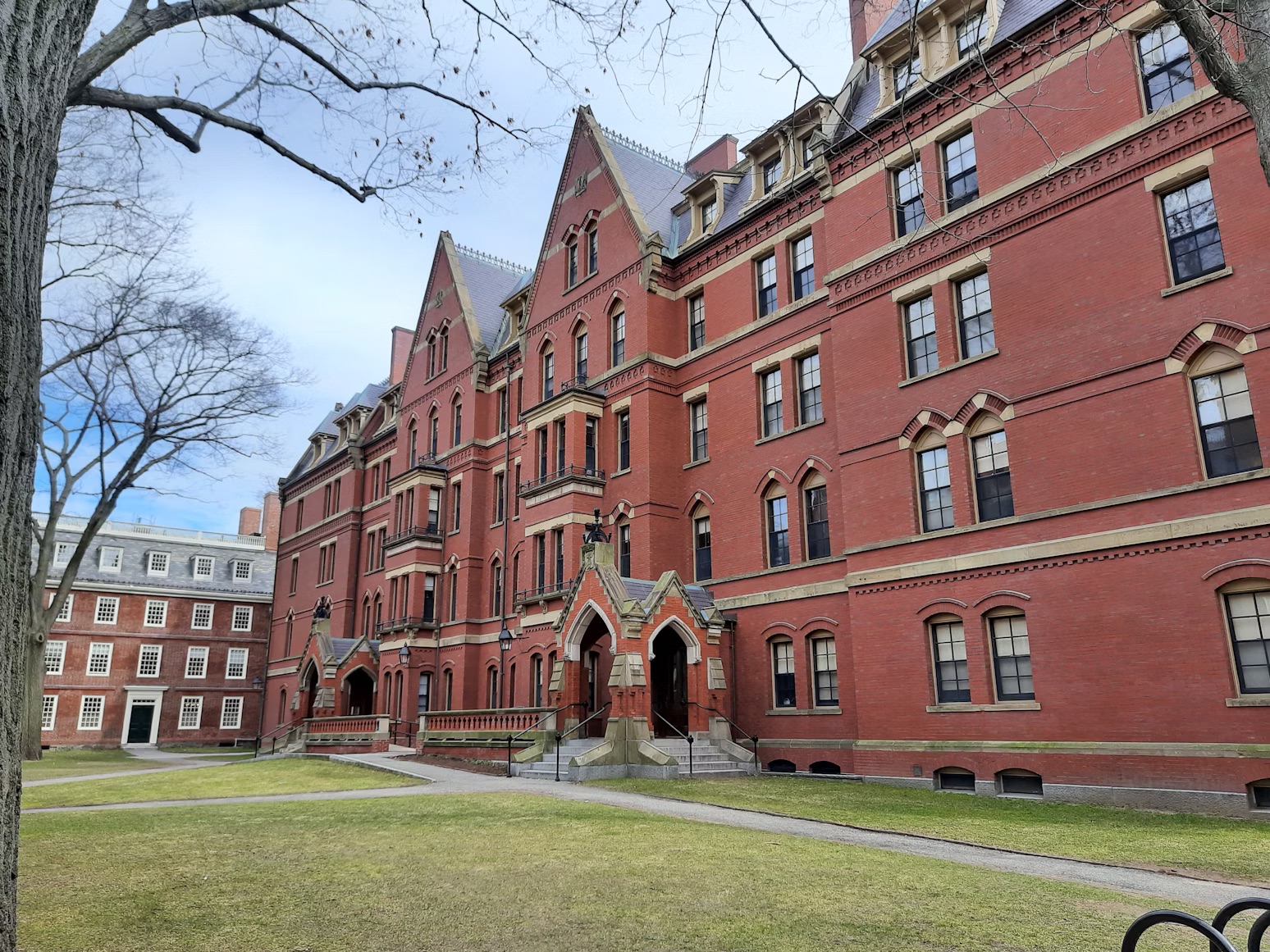
Harvard University professor Alberto Ascherio’s research has been literally frozen. Collecting blood samples from millions of U.S. soldiers over two decades and funded by millions of taxpayer dollars, Ascherio’s work on curing multiple sclerosis and other neurodegenerative diseases depends on these samples stored in liquid nitrogen freezers at Harvard’s T.H. Chan School of Public Health.
But for months, he has been unable to access the samples after losing $7 million in federal funding — a casualty of Harvard’s ongoing battle with the Trump administration.
“It’s like building a state-of-the-art telescope to explore the universe, and then not having money to launch it,” Ascherio said. “We built everything and now we are ready to make a discovery that could impact millions of people. Then, ‘Poof. You’re cut off.’”
Harvard has lost an estimated $2.6 billion in federal funding, forcing many prominent researchers to lay off staff and pause long-term studies ranging from opioid addiction to cancer.
Despite lawsuits and ongoing settlement talks with the government, many researchers fear their work may never resume.
The Roots of the Funding Freeze
The funding cuts stem from a months-long dispute between Harvard and the Trump administration, which froze grants after the university resisted demands from a federal antisemitism task force. The government accused Harvard of tolerating antisemitism and liberal biases related to campus protests, academics, and admissions.
Harvard responded by suing, insisting it rejects antisemitism and has taken steps to address it, but vowed not to surrender its independence.
The administration denies the freeze was retaliatory, claiming grants were already under review and asserting broad discretion over federal contracts.
Researchers feel unfairly targeted in a fight unrelated to their work. Many have shuttered labs or scrambled to secure alternative funding. Harvard pledged at least $250 million of its own money to sustain research but warned of difficult decisions ahead.
Ascherio’s team has funding for salaries until next June but lacks resources for crucial lab work, with delays potentially setting back progress by years.
Rita Hamad, director of Harvard’s Social Policies for Health Equity Research Center, lost $10 million across three grants and expressed deep frustration over the knowledge lost. Approximately 190 grants affecting 130 scientists at the School of Public Health were cut.
John Quackenbush, professor of computational biology, lost significant funding, jeopardizing projects on disease and doctoral training. He questioned whether funding could resume swiftly if a settlement is reached.
Divergent Views on the Funding Battle
While many see the cuts as an attack on science, some argue the pressure was needed for reforms. Psychobiologist Bertha Madras, who lost funding for opioid prevention work, welcomed scrutiny on politically motivated social science but criticized using funding as a bargaining chip.
“I don’t know if reform would have happened without the president pointing the finger,” she said. “But sacrificing science is problematic.”
Quackenbush and others warn the cuts are part of a wider assault on science, risking America’s status as a global research leader. Visa restrictions, funding challenges, and shifting policies threaten the longstanding government-university partnership.
“We’re moving toward a future where this 80-year partnership is jeopardized,” Quackenbush said. “Continuing to lead in scientific excellence will be a real challenge.”
What The Author Thinks
Cutting funding for critical research as leverage in political disputes threatens not only individual projects but the future of innovation and public health. Science thrives on long-term stability and trust between researchers and funders. Undermining this partnership risks delaying breakthroughs that affect millions and ceding global leadership in technology and medicine. A better path is one of dialogue and support, ensuring research continues while addressing legitimate concerns without collateral damage.
Featured image credit: Somesh Kesarla Suresh via Unsplash
For more stories like it, click the +Follow button at the top of this page to follow us.
